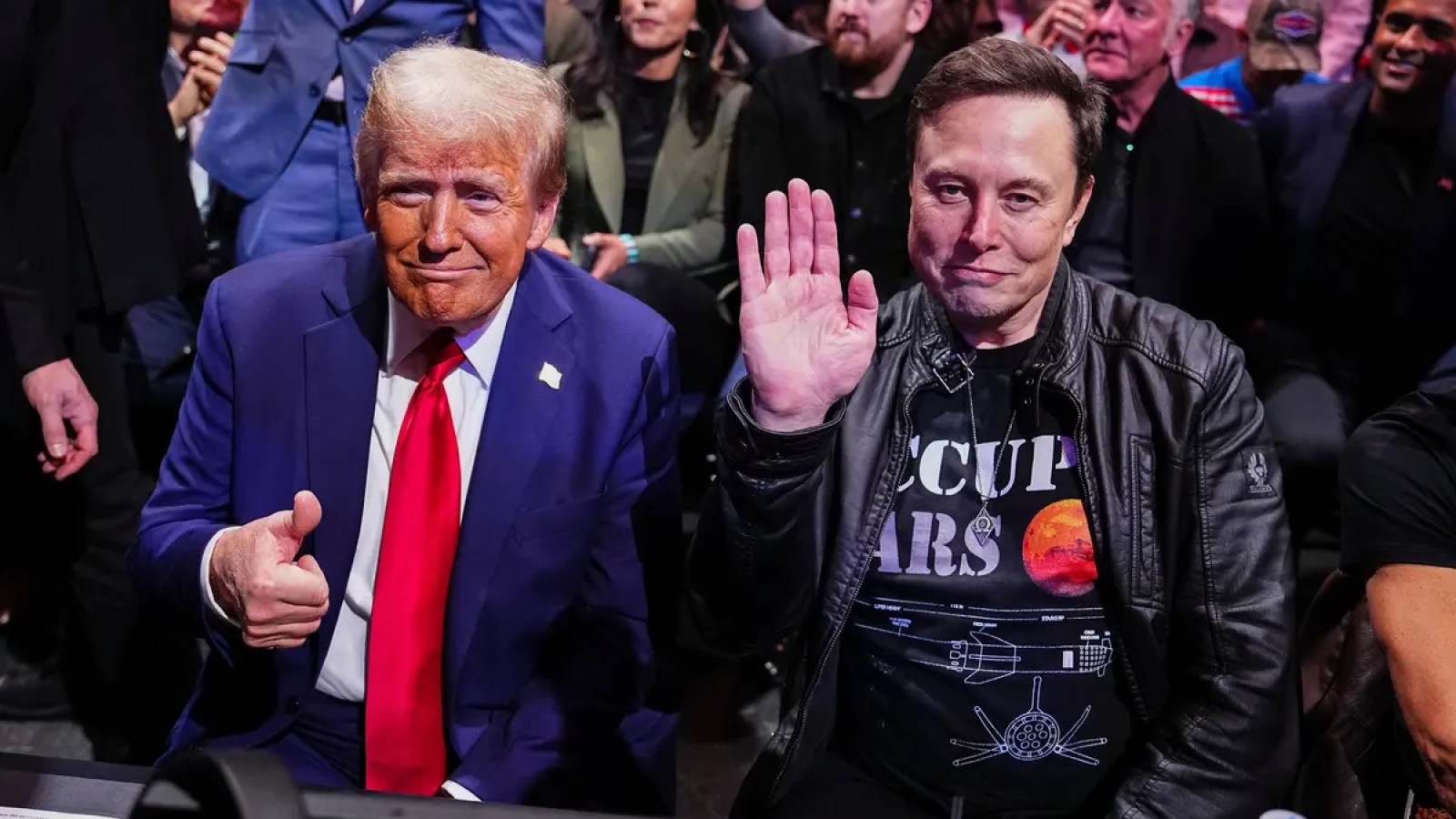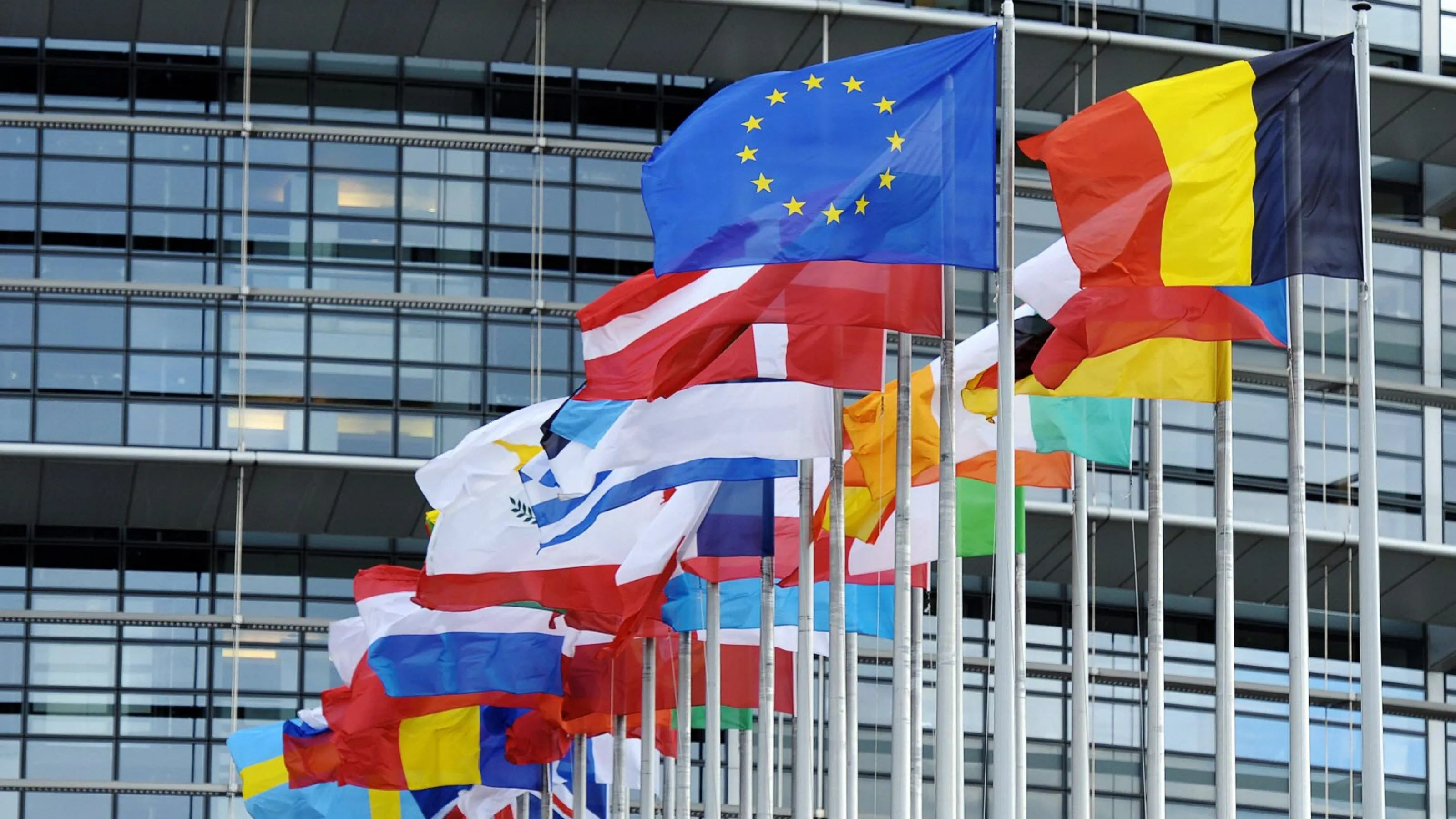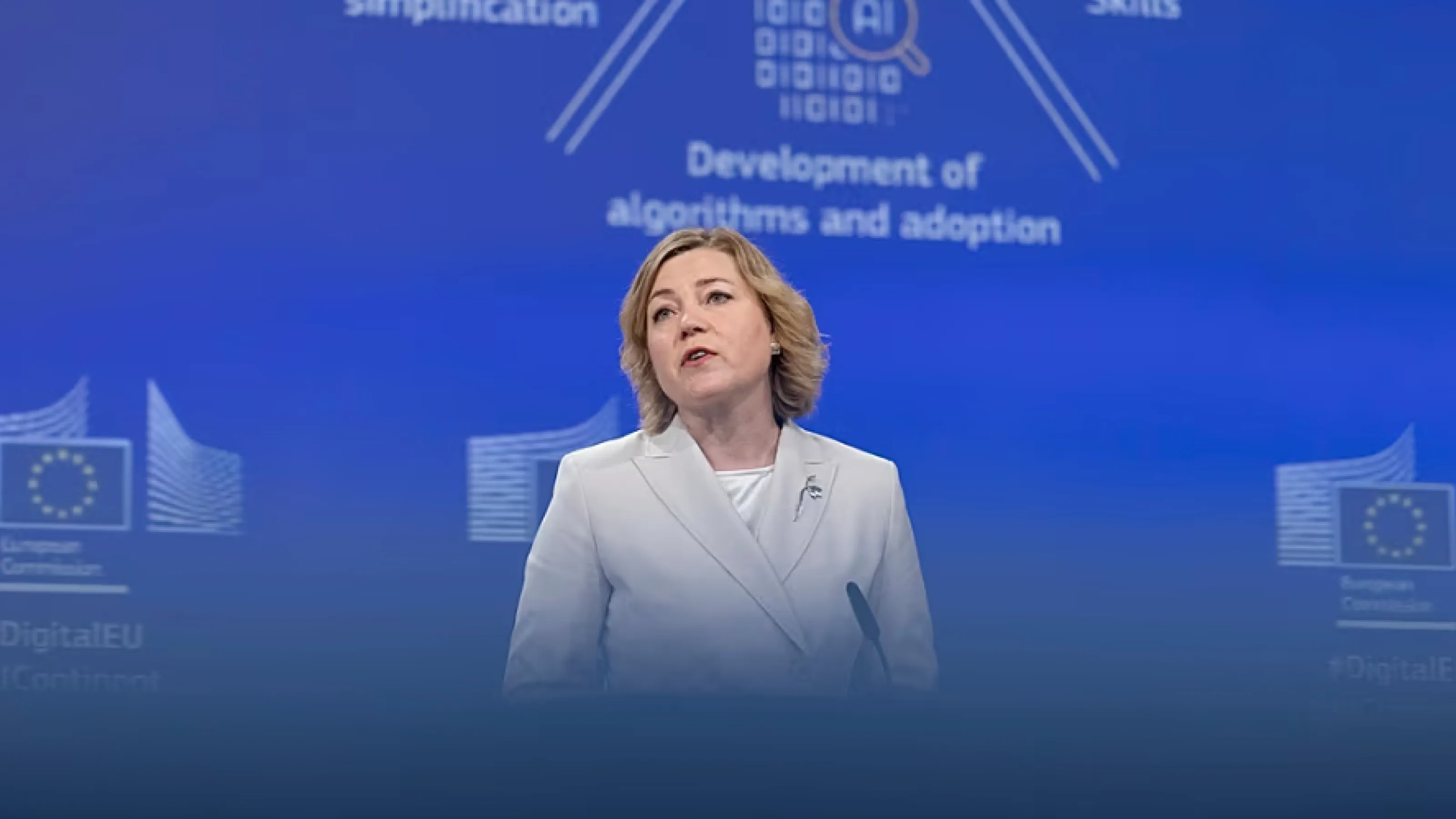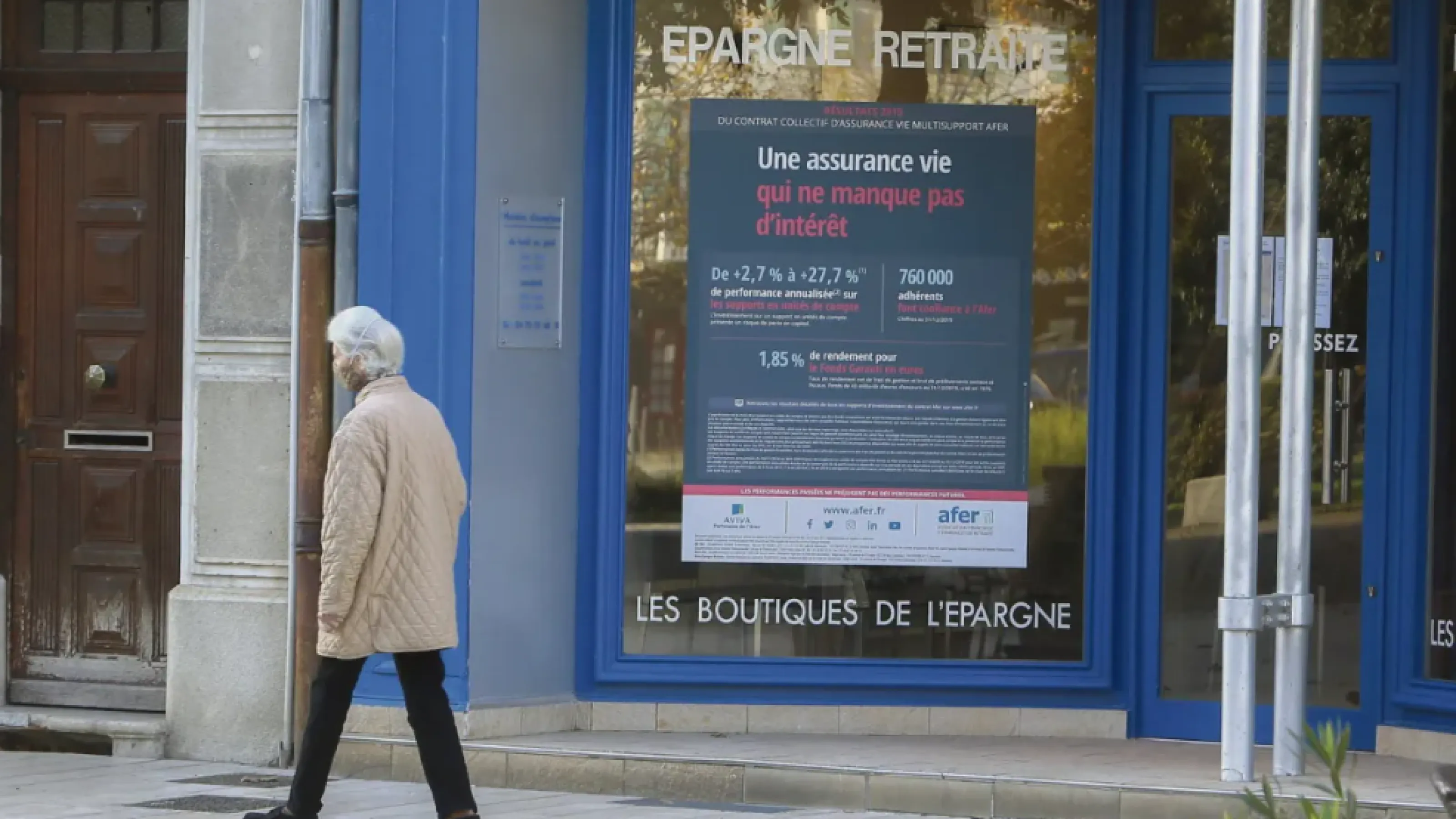Actualités
Financial Times - Can Brussels stop Elon Musk’s political meddling in Europe ? - 08/01/2025

Good morning. News to start: Germany is leading efforts to lift EU sanctions on Syria, proposing that other capitals endorse a tiered system where restrictions on the banking, energy and transport sectors are lifted in exchange for protection of minorities and prevention of weapons proliferation.
Today, our digital correspondent questions what tools the EU could use to restrict Elon Musk’s use of X as a political propaganda tool, and we have a dispatch from Ukraine on Kyiv’s renewed offensive inside Russian territory.
X-rated
Brussels is struggling to deal with Elon Musk as he increasingly meddles in European politics, with some calling for the EU to gain new powers to tackle foreign interference, writes Javier Espinoza.
Context: Musk plans to interview Alice Weidel, leader of the far-right Alternative for Germany party on his X social media platform on Thursday. He has called for Germans to support the AfD in elections next month, and has also attacked the ruling Labour party in Britain.
The European Commission will “look at” whether X is operating in line with the bloc’s digital rules, a spokesperson said yesterday.
Musk is already facing hefty fines as part of an ongoing Brussels probe into X and the potential spread of disinformation and illegal content.
The commission’s statement followed a letter sent to its digital chief, Henna Virkkunen, by Damian Boeselager, a German Green MEP, who demanded an investigation into whether Musk’s use of algorithms meets the EU’s transparency requirements.
“There are allegations that Musk is boosting his own tweets,” Boeselager told the Financial Times. “The guy can be crazy but it is unfair if he’s amplifying who must listen to him.”
Boeselager said Europe needed new legal tools to tackle individuals such as Musk who meddled in affairs of other countries. “There is a concentration of power when it comes to safeguarding free speech in general and we are at the beginning of trying to understand how to tackle foreign interference in the digital realm,” he said.
Politicians have also raised concerns regarding the ongoing talks between Italy and Musk’s SpaceX on encryption systems for government communications.
Alexandra Geese, another German Green MEP, wrote on X: “Meloni‘s 1.5 bln deal with SpaceX hands over Italian government, defence, and military communication to an unpredictable proto-fascist individual member of a future US government threatening Ukraine. European security is at stake! Where‘s the outcry?”
Stéphanie Yon-Courtin, an MEP from the liberal Renew group and a former adviser to the French competition authority, said, referring to the commission president: “I think Ursula [von der Leyen] should be vocal and express her strong opposition to his unacceptable attitude . . . which is a real attempt to manipulate elections in Europe.”
Chart du jour: Creeping up
Eurozone inflation rose to 2.4 per cent in December, the third consecutive monthly increase, dampening hopes of a big rate cut by the European Central Bank this month.
Bargaining chip
Ukrainian forces are attempting a renewed offensive in Russia’s southern Kursk region, despite dire manpower and weapons shortages, writes Isobel Koshiw.
Context: Ukraine launched a surprise incursion into Russia in August, around two and a half years since Russia’s invasion of the country. Kyiv’s forces captured around 1,200 sq km, but since then have lost around half of that territory.
Ukraine’s general staff have not explained the aim of the new offensive that began on Sunday. On Monday, the five-month anniversary of the initial incursion, it said the overall aim was to prevent a Russian assault on Ukraine’s Sumy region.
Neither side has disclosed if Ukraine’s new push has been successful. Ukrainian OSINT group Deep State, which has links to the defence ministry, cautioned against the optimistic messages being issued by Kyiv authorities.
“So far it appears the Ukrainian operation in Kursk was quite limited in its aims and scale, intended to gain better positions in the pocket,” Michael Kofman, senior fellow at the Carnegie Endowment for International Peace, said yesterday.
In August, Ukraine said one of the aims of the incursion was to compel Russia to relocate key combat units from eastern Ukraine. But, Russia instead deployed mostly conscripts and a few elite units from other areas. North Korea, a Kremlin ally, has since sent thousands of its own troops to the Kursk region to aid Russian forces.
Ukraine’s President Volodymyr Zelenskyy has said Kursk would be used as a bargaining chip in future negotiations. The latest move, therefore, could be an attempt by Ukraine to secure more land ahead of anticipated US-led negotiations under a Donald Trump administration.
Outgoing US secretary of state Antony Blinken said on Monday that Ukraine’s position in Kursk was “important”, adding that it would “factor in any negotiation that may come about in the coming year”.
 Stéphanie Yon-Courtin
Stéphanie Yon-Courtin


